What Did You Read in August 2025?
My August plan was far too ambitious, and although I read parts of each book on that list, it contained too many heavy-hitters, titles I plan to work through in the coming months. But I did read a lot of other stuff! I hope (1) you’ll find something interesting from my reading list and that (2) you’ll share what you read.
From the photo FICTION:
Three Men in a Boat (To Say Nothing of the Dog) (1889) Jerome K. Jerome
Ever since I read Connie Willis' delightful novel To Say Nothing of the Dog (1997) many years ago, I’ve wanted to read the book that inspired it, Three Men in a Boat. The story of three guys taking a boat up the Thames with a self-willed fox terrier named Montmorency is light, fun, and entertaining, but… I like Willis’s book better.
Breakfast of Champions (1973) Kurt Vonnegut (from the Library of America’s Kurt Vonnegut: Novels & Stories 1963-1973)
The things that were wrong with the world as depicted in Breakfast of Champions over 50 years ago are still wrong and even more so. Vonnegut’s ability to satirize them (and us) continues to make us hang our heads in shame and double over with laughter at the same time. If you want to look at our current situation with sadness and rage, don’t forget to occasionally laugh. Start by reading Vonnegut.
Out of the Silent Planet (1938) C. S. Lewis (3x)
I learn something new each time I read this book, the first volume in Lewis’s Space Trilogy. In a recent post I discussed some of the things I learned during this, my third read. Maybe you’ll want to try it.
The Chequer Board (1947) Nevil Shute
After a severe head injury suffered during World War II, ex-British soldier Jackie Turner learns he has a year to live. During that time, Turner is determined to visit the other patients who were with him in a military hospital: Morgan, a British RAF pilot; Brent, a British Commando accused of murder; and a Black American serviceman named Lesurier accused of rape. Much of what happens stretches believability, and while I admire Shute for addressing issues of racism, the novel has problems. The end result shows that everything in the story was orchestrated to lead readers to embrace Shute’s particular philosophy/worldview. (The book also includes heavy use of the N-word.)
From the photo NONFICTION:
Jazzmen: How Duke Ellington, Louis Armstrong, and Count Basie Transformed America (2024) Larry Tye
A few years ago I had a great time talking with Larry Tye about his book Superman: The High-Flying History of America’s Most Enduring Hero. Tye was a virtual guest at one of our Guys Book Club meetings (You can read about it in my book Men Don’t Read). During that conversation it became obvious that Tye is serious about research and displays a passion for his subjects. That passion and respect for the topic is evident with Jazzmen as Tye weaves the stories of three American jazz giants, all of them successful, iconic, and brilliant, yet each of them struggled with various weaknesses. Anyone with any interest in jazz, African American history, culture, or a great story should pick up this book immediately.
Says Who? A Kinder, Funner Usage Guide for Everyone Who Cares About Words (2024) Anne Curzan
If you’re on the nerd spectrum like I am, you may have run across a book a few years ago titled Dreyer’s English: An Utterly Correct Guide to Clarity and Style (2019) by Benjamin Dreyer. I love that book for the way it’s able to examine English language and usage while not taking the subject too seriously. Says Who? explores similar topics, but it may be even funner. (Want to argue that “funner” isn’t a word? Then this book is for you!) I especially enjoyed how Curzan looks at rules that many of us grew up with that are slowly (or sometimes rapidly) changing, in many cases organically through normal usage. Says Who? is a fascinating, fun, and nerdy book. And if you noticed that I just used the Oxford comma, Curzan has more to tell you about it in her book. Hey, what about starting a sentence with “and”? That’s in the book also.
How to Read and Understand the Biblical Prophets (2017) Peter J. Gentry
Trying to figure out what’s going on with the Old Testament prophets can be confusing and sometimes maddening. It’s sort of like being dropped into Istanbul’s Grand Bazaar knowing only four or five words of Turkish, and “help” isn’t one of them. In just 144 pages, Gentry, an Old Testament scholar, takes readers through the basics of understanding OT prophecy. One thing that may surprise you: Biblical prophecy is less about predicting the future than describing it, which is not necessarily the same thing.
Cinema Then and Now: James Naremore: Conversations with Craig S. Simpson (2025)
You Must Read: Books That Have Shaped Our Lives (2015, revised 2025) various contributors
In 2015 The Banner of Truth Trust1 invited 31 theologians - pastors, professors, writers, missionaries, and more - to list The Banner of Truth titles that shaped (and sometimes greatly changed) their lives. You might think this is simply a project to help promote and sell BoT titles, and while it may certainly do that, it primarily connects readers to the contributors, their stories, and their lives. Of the 30 books listed here (two contributors chose the same book), I’ve previously read five of them and marked 16 other titles I want to read.
CLASSICS
The Aeneid (30-19 BCE) Virgil
If you’ve read Homer’s The Iliad and The Odyssey, you’ve gotta read The Aeneid. You get the best of both worlds with The Aeneid: the travel, adventure, and discovery of The Odyssey, and the war, battles, and gore of The Iliad. I also enjoyed reading this essay (written by a 13-year-old!) on all three works.
Kim (1901) Rudyard Kipling
This was my second attempt at this novel, the first time tapping out after about 30 or 40 pages. It contains adventure, espionage, and many things about India I will never understand, which may explain my lack of enjoyment. I won’t say I’ll never revisit this one, but it’s unlikely. If you’re a fan, feel free to make a case for returning to it.
That’s what my month looked like. The comments are open, so please tell us what you recommend and what to avoid. And keep reading!
The Banner of Truth Trust is a nonprofit organization that publishes works of evangelical and Reformed Christianity, yet they also do much more, including a book fund that allows the BoT to distribute books free of charge to those who cannot afford them.


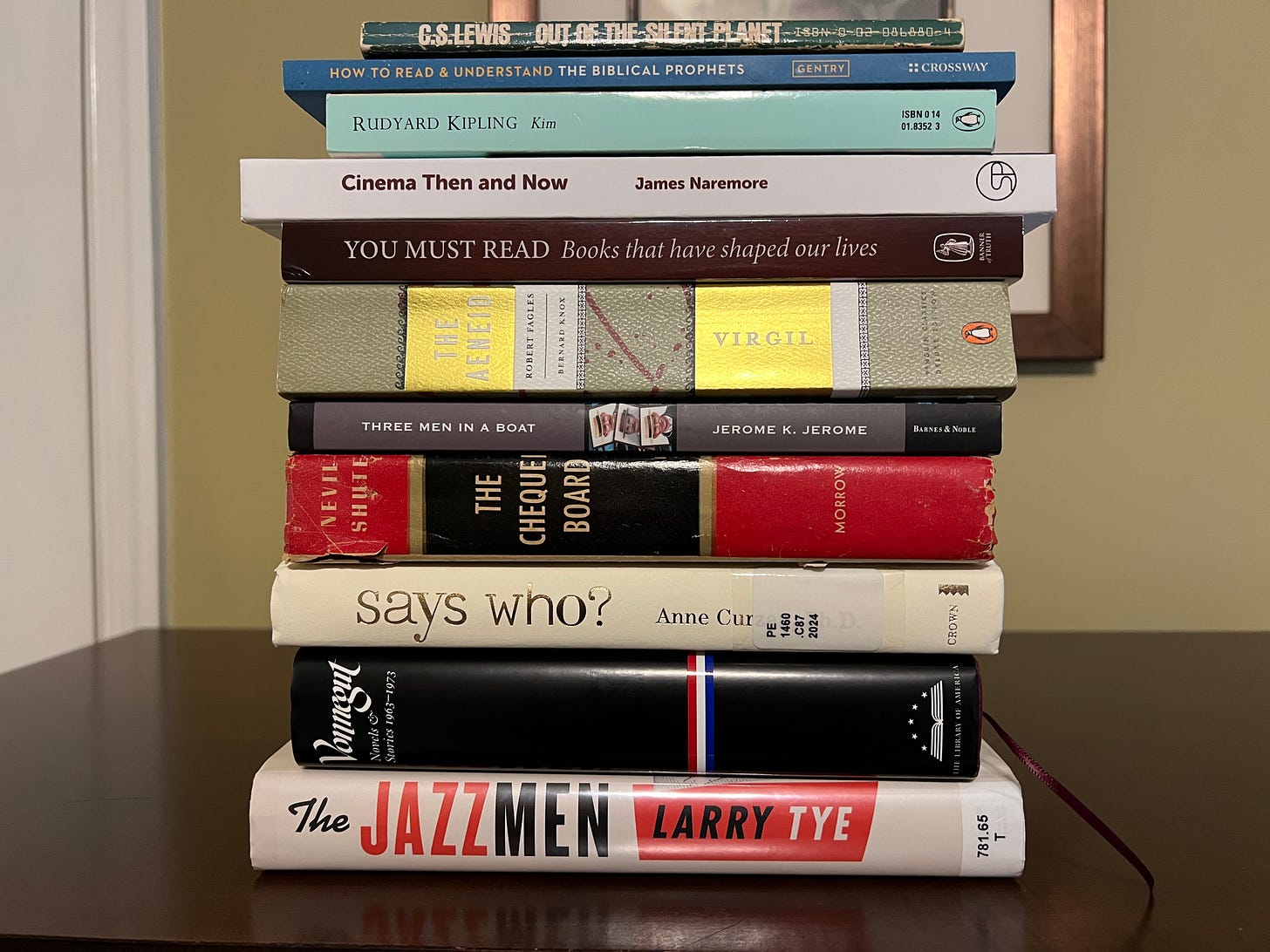
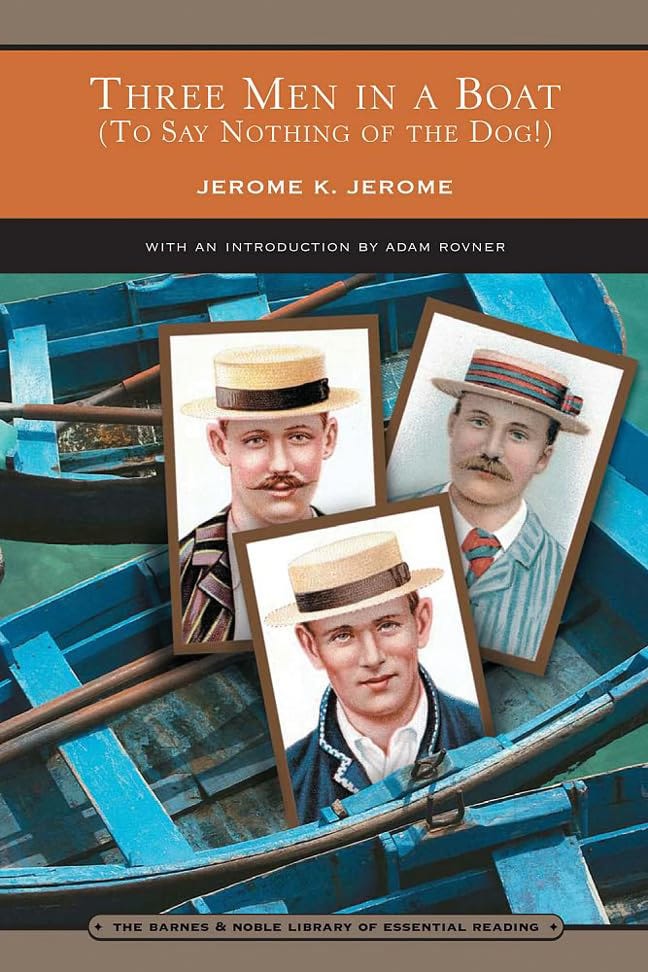
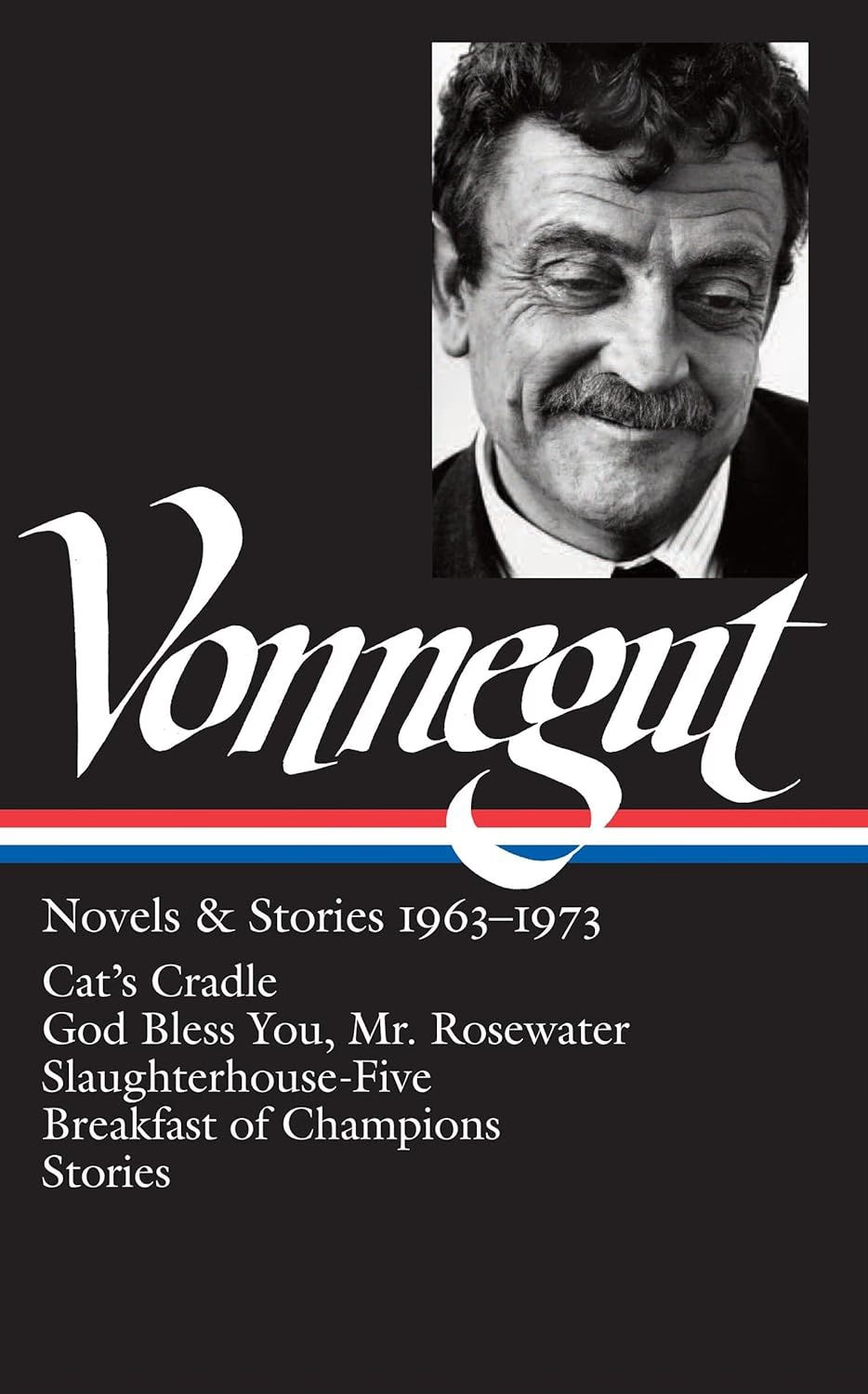
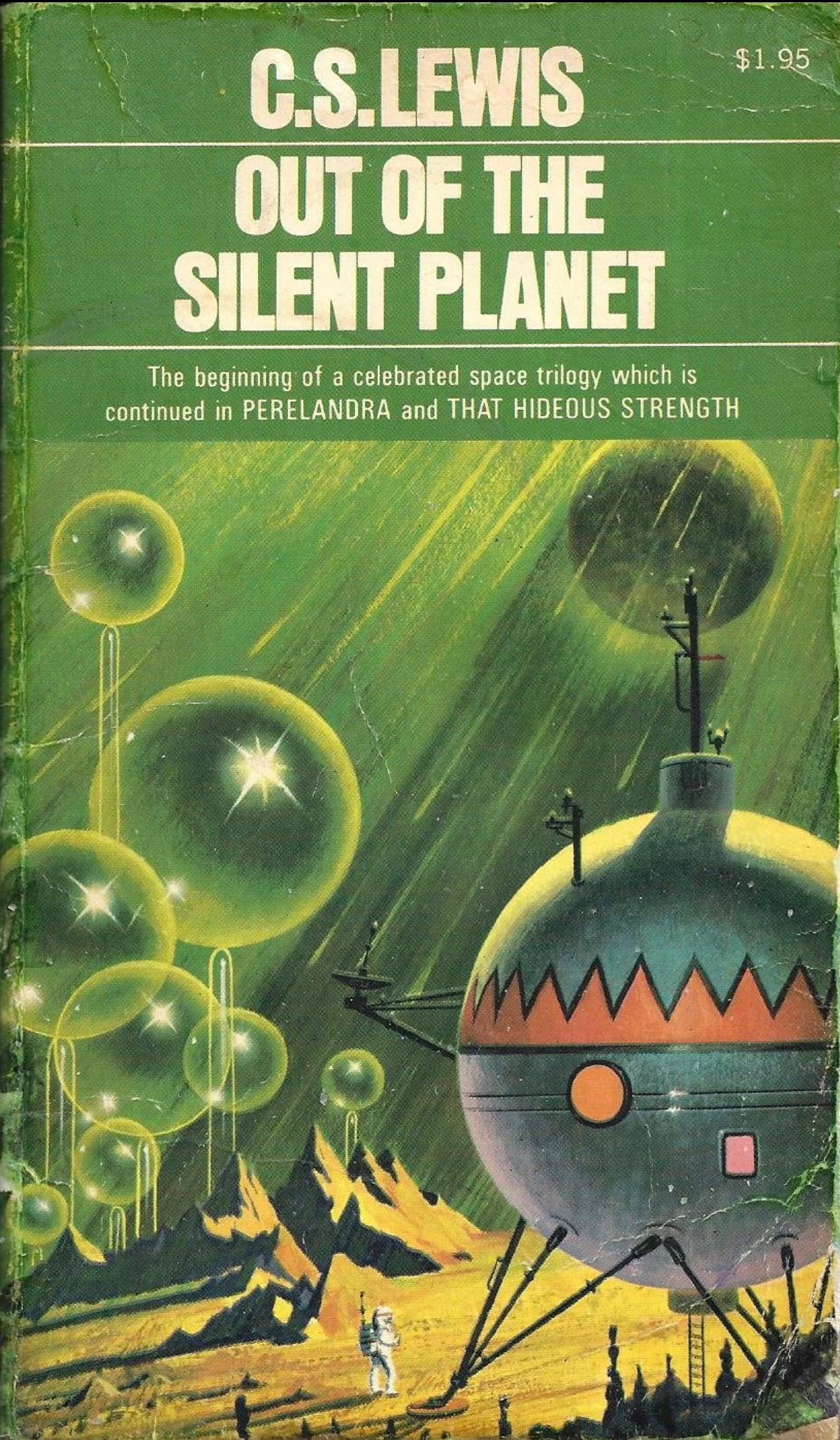
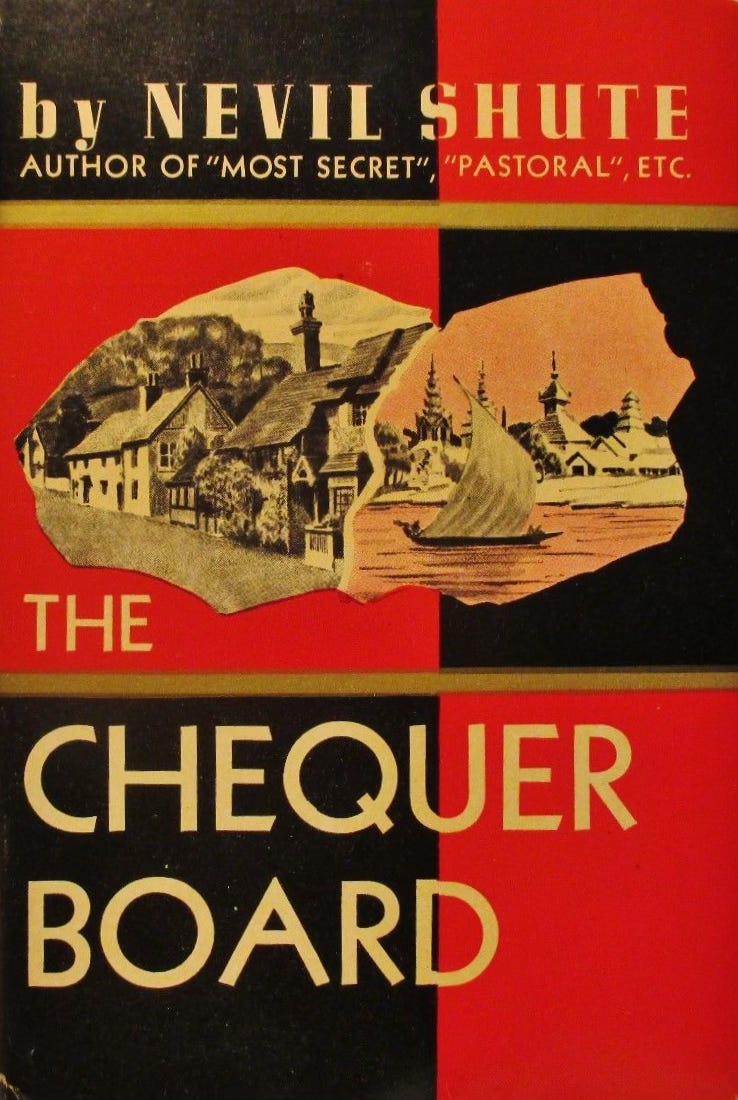
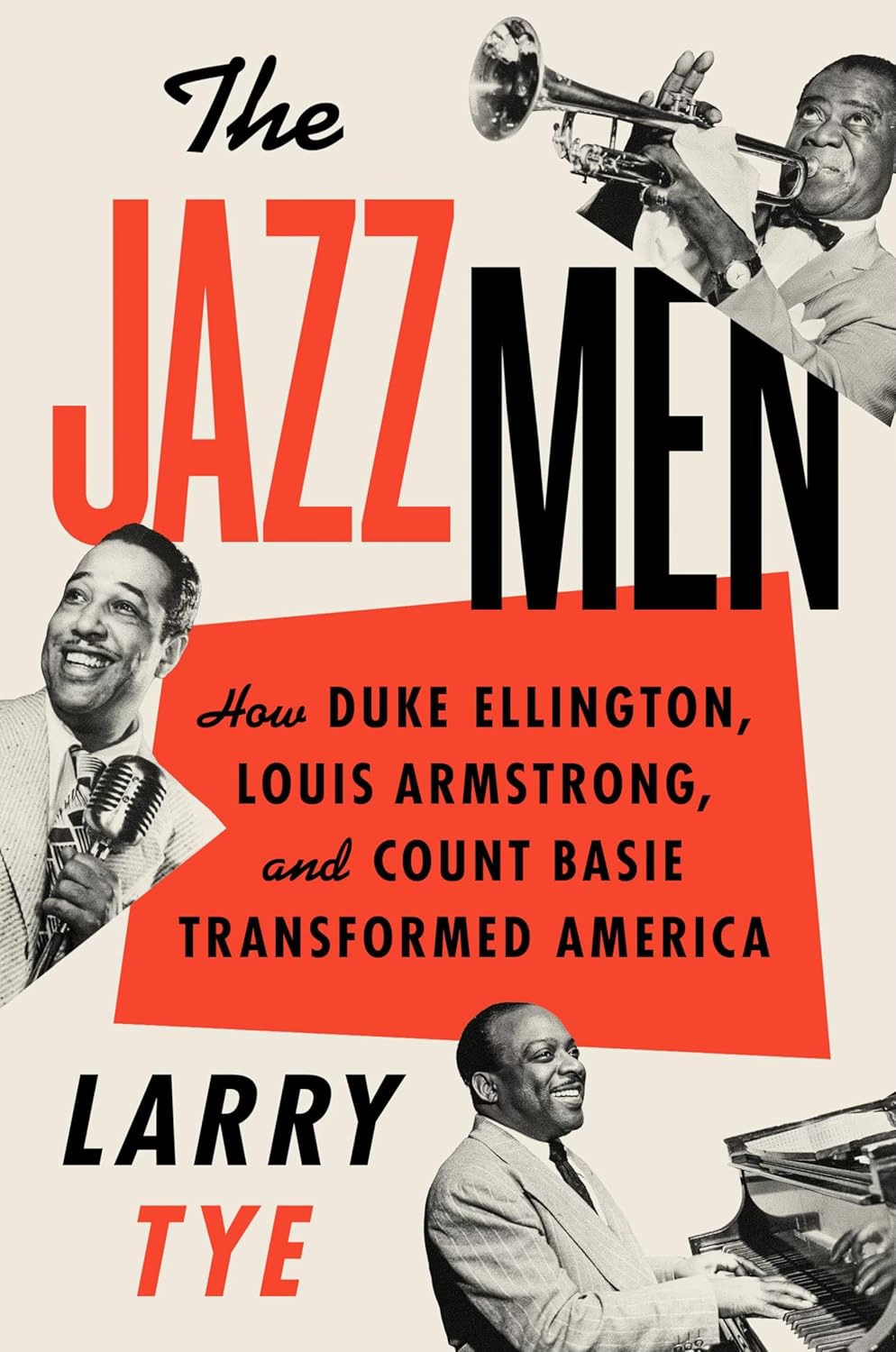
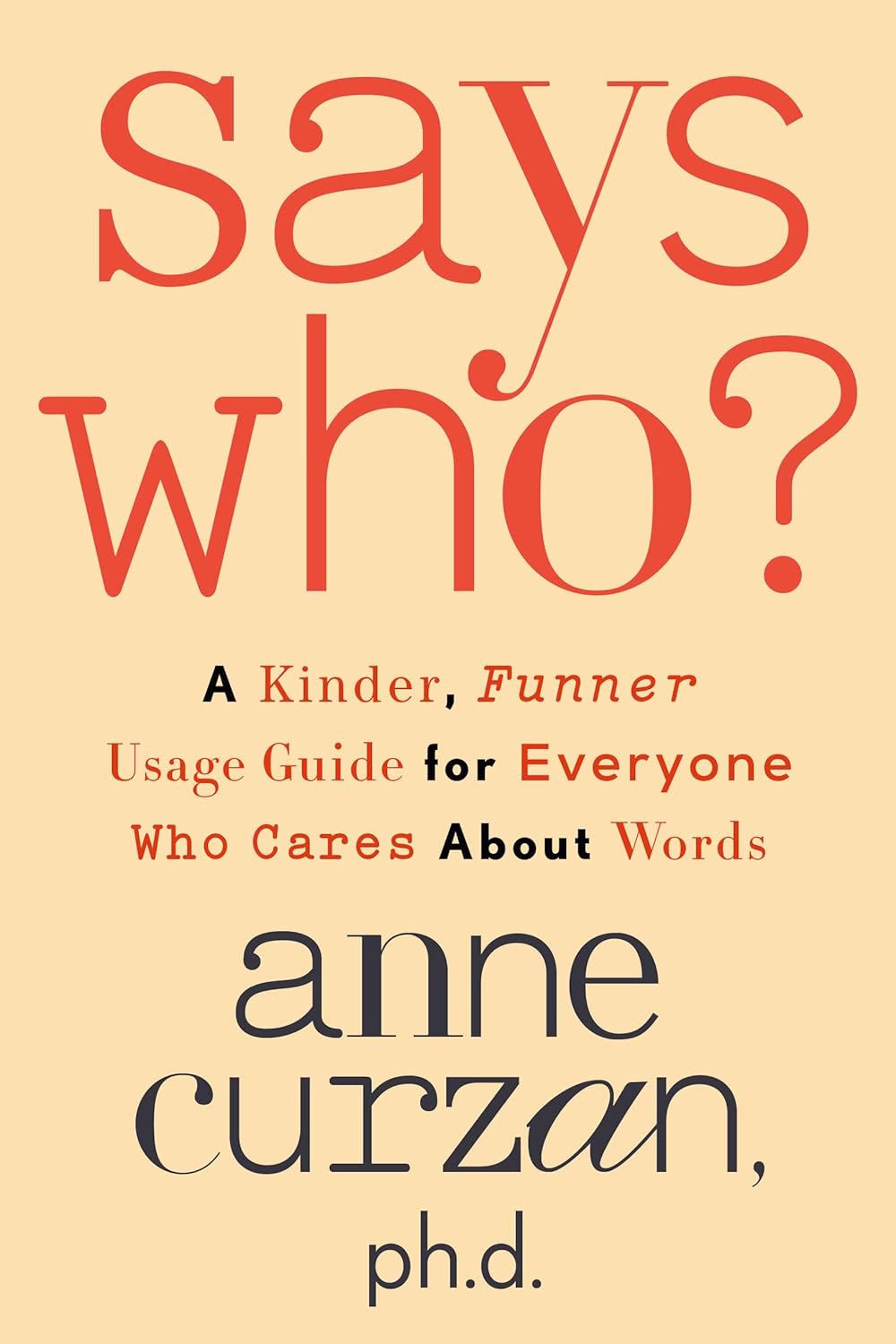
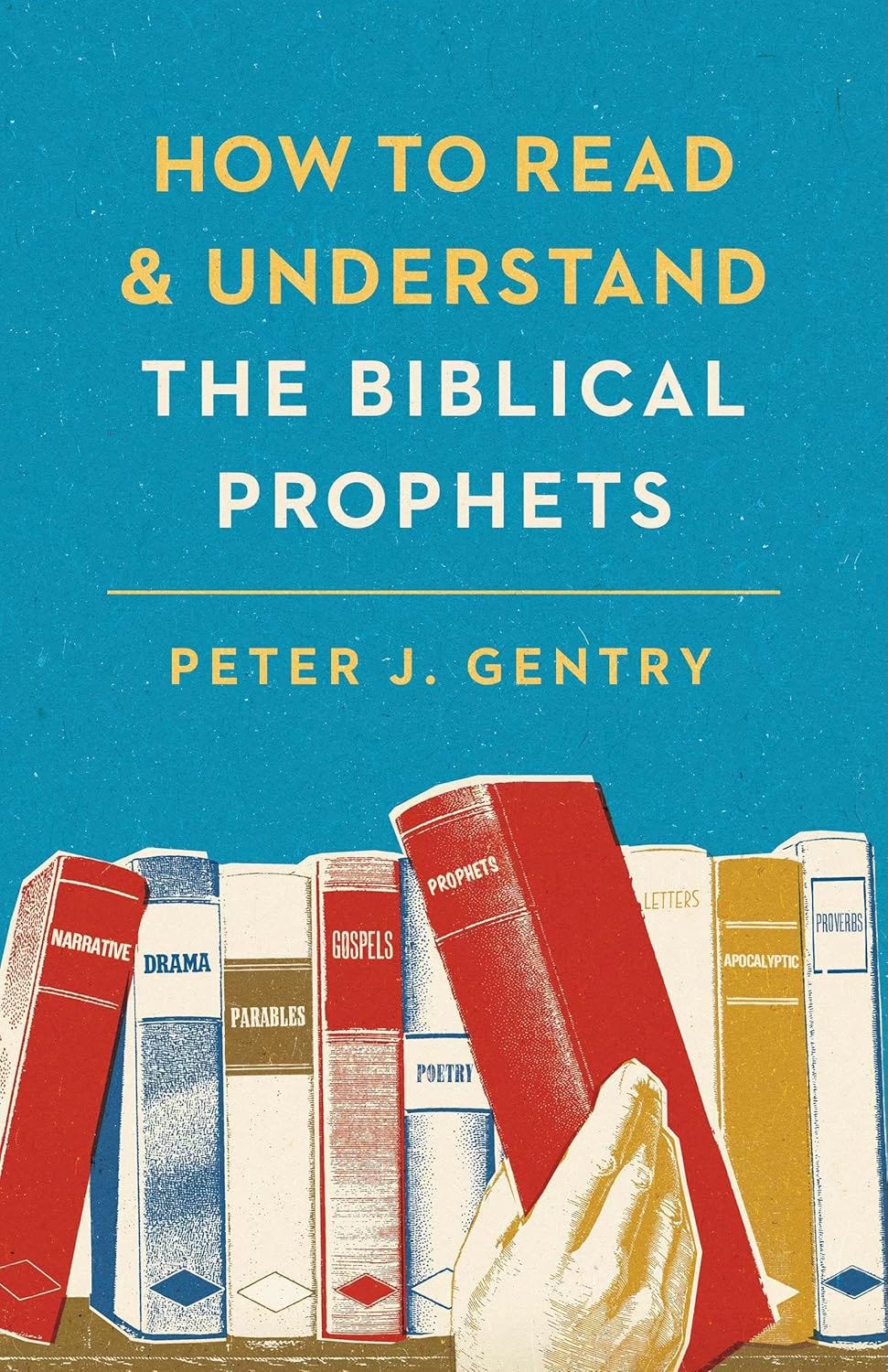
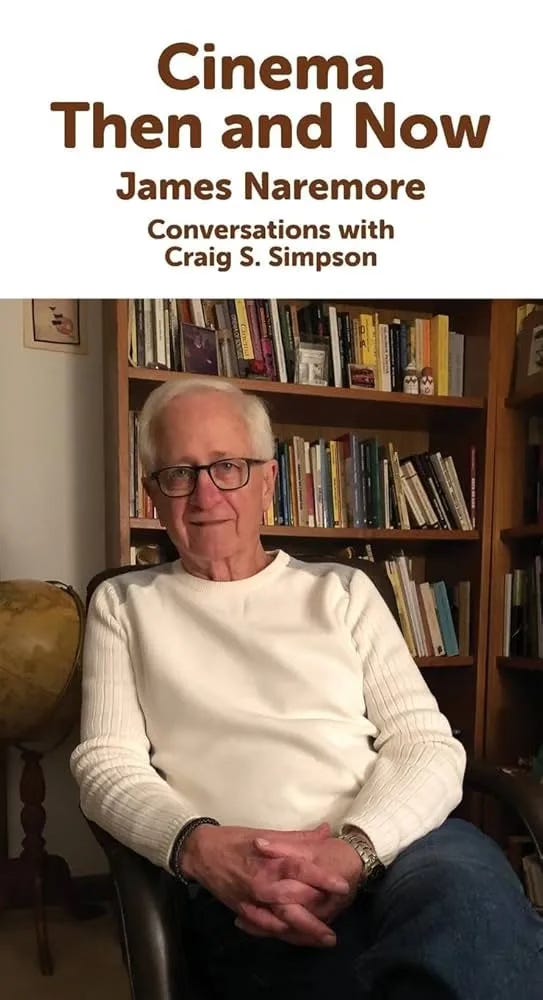
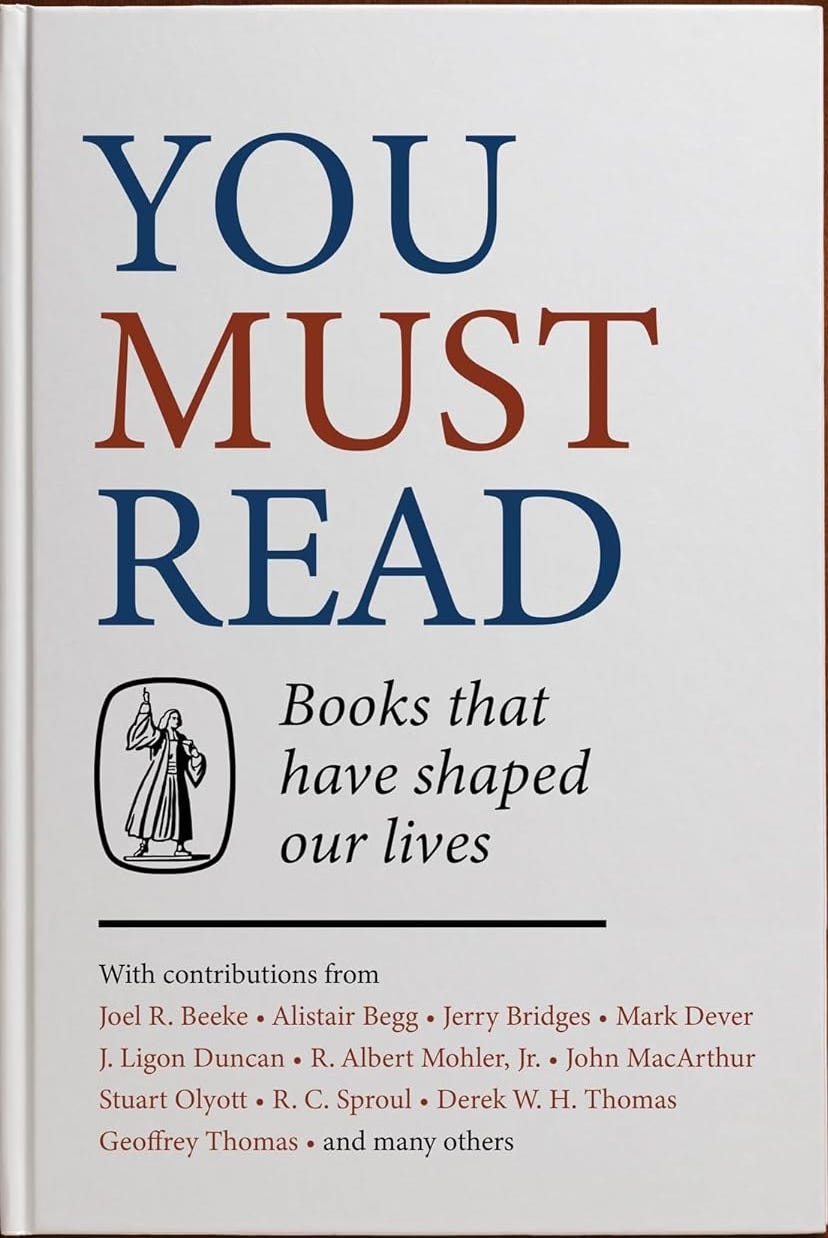
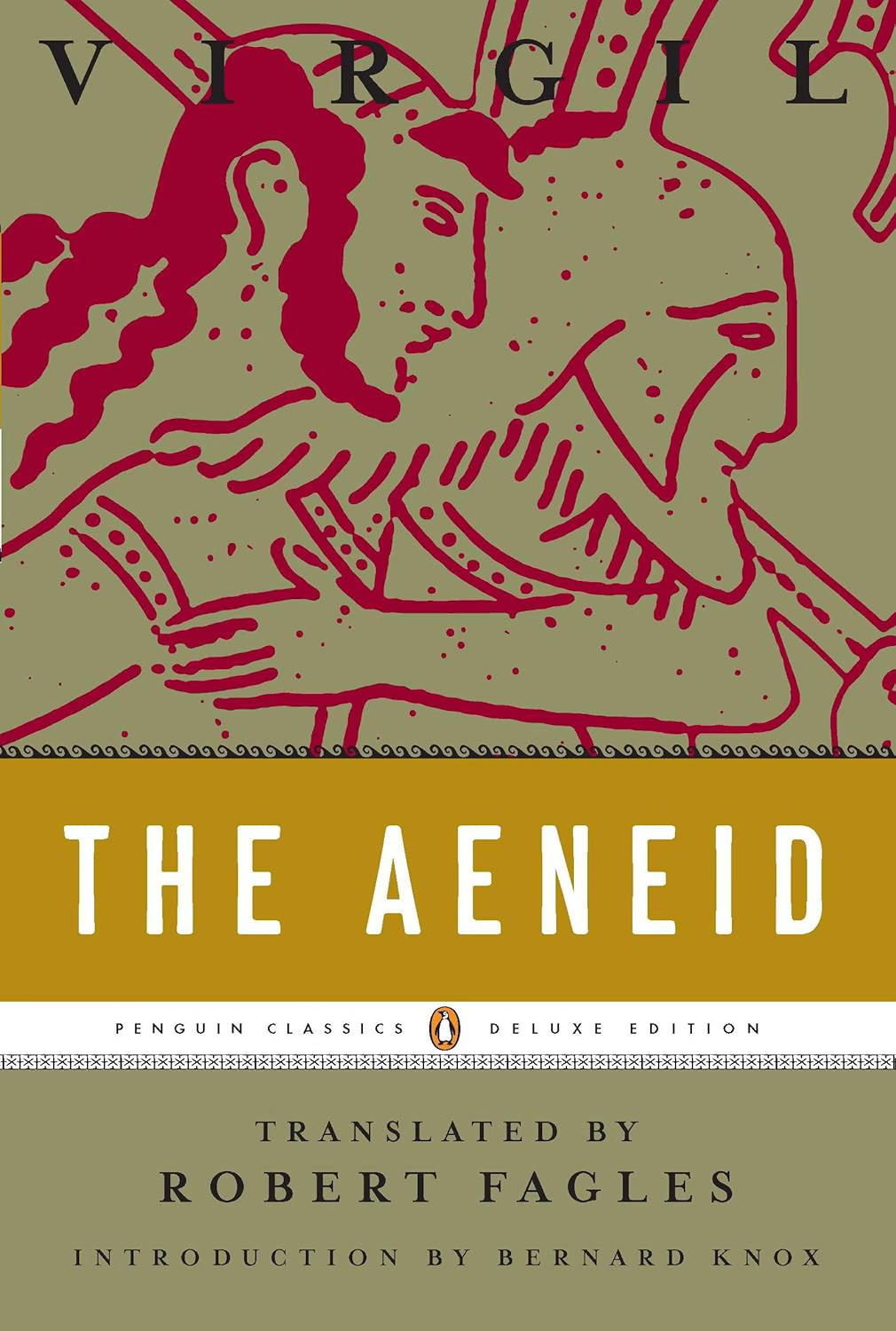
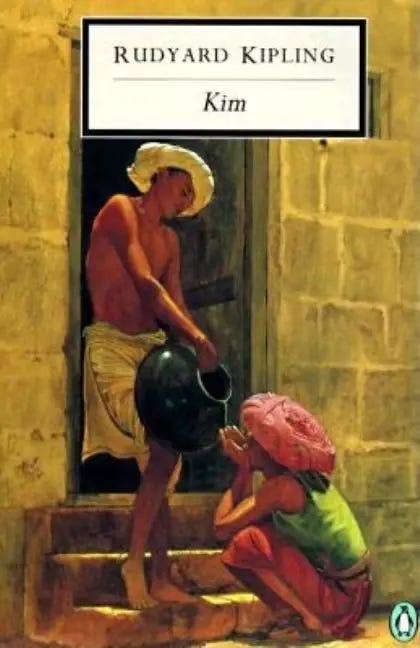
The Jazz book looks interesting. I listen to a lot of that era Jazz, although I rarely read about music. I think I've read four books about music in my life (not counting something technical like music theory). I might crack the Aeneid one of these days, once I've made it though more of the Greek classics. I don't know about the Cinema book, but his noir book on the article you linked to looks really interesting.
I managed only two books this month.
The Power and the Glory: Life in the English Country House Before the Great War Hardcover
by Adrian Tinniswood. It's a good overview of Country House life. The initial chapters were a little architecture heavy, but later chapters get into things like fire, theft, marital scandals, and the cost to keep one of these places going.
There's No Home by Alexander Baron. This is an Imperial War Museum reprint of a novel from 1950 about a group of British army soldiers on leave in Catania, Sicily. It was surprisingly good, telling the story of the men and Italian women who make makeshift families for the two months while they rest after the Sicilian campaign. It's the 5th of these reprints I've read and they are all interesting in their own ways (only one has actually been primarily about combat)
Andy, as always, an eclectic, interesting stack of books for the month!
I read Connie Willis' Doomsday Book -- good if you like 14th-century settings (or time travel). (I think she autographed my copy of To Say Nothing of the Dog, but I'm not lending it, even if I could find it :) ). Speaking of the 14th century, The Canterbury Tales by Geoffrey Chaucer is one of my August books read. Listening to the multi-cast audiobook, I found some tales engaging, while others I could barely focus on. Still, it was a balanced mix of humor, morality play, love story, intrigue, and bawdiness. (Note the Oxford comma.) But the author does not reveal who won the free meal offered by the innkeeper for the best story! If you like the 14th-century, Eifelheim, by Michael Flynn is suspenseful.
Breakfast of Champions was mildly amusing, but I don't see why it is Alice Cooper's favorite book. Maybe my favorite entertainer hasn't read many books.
Believe it or not, I just started Out of the Silent Planet on audiobook two hours ago when i drove to Food Lion for sour cream and aluminum foil! I'll wait to read your August 15 post on the book until after I'm done (to avoid spoilers, of course).
Re: Shute: Have you read On the Beach?
After reading your description, I put Says Who? on my Books-to-Read list (between "Sarah Pinsker: We Are Satellites" (which, like your Kim, I did not finish the first go-round) and "Scarlet Pimpernel." (I know, my alphabetized list is a mix of first names, last names, and titles. Keeps it random.) (P.S. I gave Kipling's Riki-Tiki-Tavi 4 stars. )
Besides Chaucer, the books I finished in August included:
• The audiobook version of Do Androids Dream of Electric Sheep? by Philip K. Dick, read by Scott Brick, one of my favorite readers. He did most of the voices fairly straight, but for the character J. R. Isidore (J. F. Sebastian in the film -- why would they change his name?), he mildly imitated the voice of the actor playing Sebastian, William Sanderson (you remember: "my other brother Larry."). I had forgotten most of the subplots and a LOT of the details from my 1982 reading of the book. Great examination of what it means to be human. (The film left so much out -- you'd have to do a limited television series to include all the characters and concepts.)
• The Hundred Thousand Kingdoms, by N. K. Jemison. Another book that became due in Libby before i was done and I let it go because it didn't grab me. But having gotten through it this time, I appreciate the inventive creation of that world's society, the "gods" in captivity subplot and their mechanics, and the human drama of the girl-who-would-not-be-king.
• Darwin's Radio, by Greg Bear, on audiobook. The audio was surprisingly short -- I finished it in 3 days. Listed as having 448 pages, did the print version have large type or did I accidentally skip some? Maybe I had an abridged version. Dramatic start, then lotsa biology talk, academic squabbling, and multiple character confusion (audiobook, remember, so it's painstaking to rewind and find what I missed or forgot -- so I never do). But by halfway through when Bear narrows his focus to the two main characters, and the drama resumes, it flows nicely. After the big reveal, you kind of suspect how the story ends, and it did so, kind of petering out.
• Like Family: Growing Up in Other People's Homes, by Paula McLain. I was attending Central Michigan University when I met Paula in our poetry group. I never knew her background as a foster child. Several years ago, she gave me writing advice in a letter, saying to be "fearless" (or was it "brutally honest"?), and she was certainly both of those in exposing her childhood being bounced from house to house. A very poignant and evocative history, and emotionally gripping, even as told with the dispassionate narrating style Paula used, maybe as a defense against reliving rhe emotions of the time. Still, it must have been tough to write. I would like to have seen more of her Michigan life near the end of the book, but she covered that in about three paragraphs.
• The Complete Beatles Recording Sessions, by Mark Lewisohn. You have to be a fan to read every line in this book, and I am and I did. Lotsa technical details listing every Beatles recording session at Abbey Road, with a few other locations thrown in near the end. Few and far between were the interesting tidbits, like which songs were recorded by only one, only two, or only three of the Beatles, and who was out of town and why, but the points of view of the engineers and second engineers, and the occasional producers' comments, were certainly worth being expressed. Most fun was the description of how the songs were created, edited, molded, etc. Like I said, you have to be a fan. I have second copy for sale, btw.